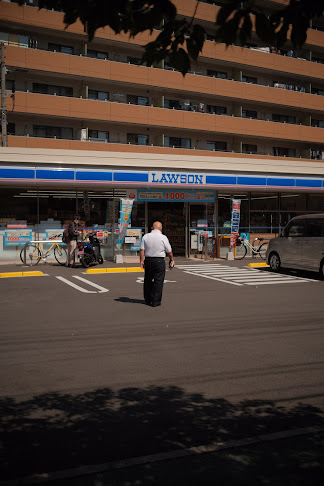Lawson's verification test, which began
on June 2nd at a Tokyo store in Shinagawa Ward, aims to assess customers'
ability to understand the expressions conveyed by the avatars. Trained
employees known as "Lawson Avatar Operators" (LAOs) remotely operate
the avatars from the company's main office or their homes using personal
computers and a camera feed from the store. This enables LAOs to respond to
customer inquiries using the avatar displayed on a screen.
While Lawson already employs
English-speaking LAOs to assist non-Japanese customers, this new initiative
takes it a step further by providing avatars that communicate with customers in
sign language. The avatars meticulously mirror the facial expressions, hand
movements, and finger gestures of the LAOs operating them. However, certain
challenges still need to be addressed, such as accurately depicting gestures
involving overlapping hands or varying distances from the camera.
Some LAOs have already learned basic
sign language and greetings, and after the initial verification test, Lawson is
considering allowing LAOs to communicate with customers using sign language on
a limited basis.
The company plans to introduce
sign-language avatars in 10 stores by March 2024, with the ultimate goal of
expanding the service nationwide. Moreover, Lawson aims to increase the number
of LAOs from 30 to 1,000 by March 2026, providing job opportunities for
individuals with caregiving responsibilities, child-rearing duties, or
disabilities by offering the option to work from home.
Lawson Inc.'s commitment to innovation and
compassion not only transforms the shopping experience but also ignites hope
for a society that embraces diversity and champions the power of sign language.
Related Articles:
Konbini Craze: A Fun and Fascinating Look at Japan's Convenience Store Revolution
Indulge in Authentic Japanese Snacks and Candy: Discover a World of Pocky, Kit Kats, and More!
Preparing for a Maskless World: A Smile Lesson in Japan
Enjoyed this post? Never miss out on future posts by following us




Comments
Post a Comment